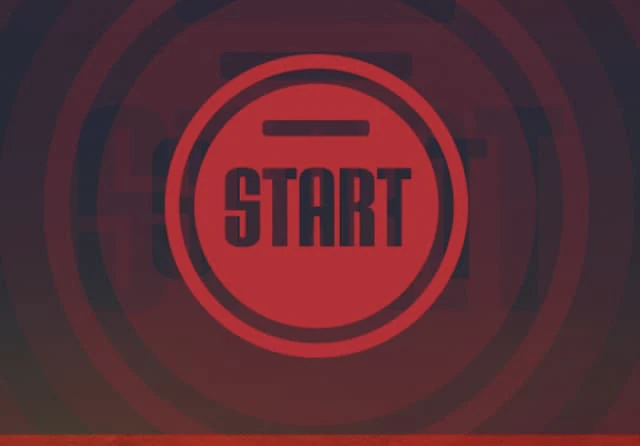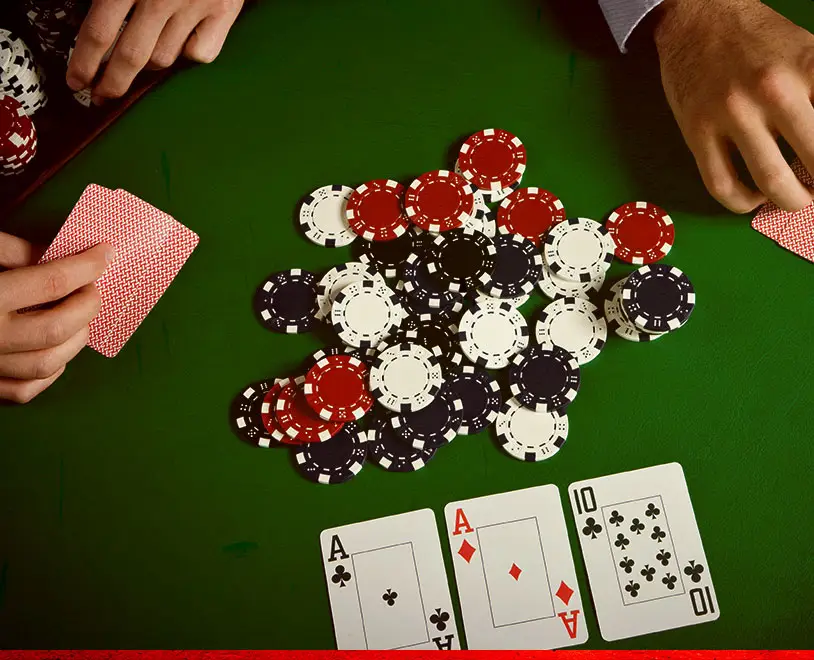
Download Poker
Bless the genius who invented the tournament, and air-conditioning. The tourney format has been used in competition for at least 1,000 years, and maybe centuries earlier; the word itself comes from the Old French tornoier, meaning “to joust.” Now there are tournaments for just about everything – including poker, of course. If playing cards and winning big cash prizes sounds interesting to you, we’ve got five poker tournament tips that will have you raking it in.
When you play cash poker, you’re playing against whoever else is at the table, with whatever money you have in front of you. Online Poker tournaments, on the other hand, allow you to play against hundreds or even thousands of players. Each player pays a specific buy-in to join the field, plus an entry fee that goes to the tournament organizers. All the buy-ins are put into the prize pool; this pool will be divided among the tournament’s top survivors, with the biggest prize going to the winner.

It’s a dog eat dog world and poker tournaments are all about survival. Every player will start with the same number of chips and continue playing until they either lose their stack or take everyone else’s chips and win the tournament. While it’s always nice to scoop a pot, the chips you win in a poker tournament aren’t nearly as important as the chips you lose. Every sound poker tournament strategy emphasizes survival over accumulating chips. If you go into a tournament using the same poker strategy that you use in cash games (you can read our separate article on cash game strategy tips), you’ll be lighting money on fire.
Tournaments do require a certain set of management skills. Tournaments start at a specific time and can take hours or even days to complete. You have to arrange your schedule so you can participate, and if you’re heading out to play a live tournament somewhere in the world, you’ll have to arrange your travel and accommodations, too. Fortunately, you don’t have to worry about travel when you play online poker for real money at Ignition, but you still need to carve out the time to play in a tournament.
All that time and effort is worth it when you bag one of those large cash prizes. You might have to wait a while, though. No matter how good you get at poker, your edge over your opponents won’t be that large, and since you have to finish in roughly the top 15% to win a prize, chances are you’ll finish in the money about 15% of the time. And when you do, you’ll get eliminated sooner rather than later most of the time, giving you a min-cash of around twice your original buy-in more often than not.
Because of this dynamic, poker tournaments have a significantly higher variance than cash games when it comes to the bottom line. You might go through a long stretch where you don’t win one of those larger prizes; in the meantime, you’re contributing all those buy-ins and not seeing a return. But when you do finally win a big tournament – ka-ching, jackpot.
The best way to deal with this variance is to apply some sound bankroll management. Don’t spend your entire roll on one buy-in to a large tournament; instead, spread it around and play a bunch of smaller tournaments. This is easy to do at Ignition, where you can play up to 20 tournament tables at the same time. We recommend beginners divide their poker roll into 100 units and spend one unit per tournament. As you learn the game and improve, you can adjust by entering larger buy-in tourneys with smaller fields (say, up to 50 players), and smaller buy-in tourneys with fields of 500 players or more.
Now that you’re familiar with the tournament format, let’s move on to our five tips for online poker tournaments. These tips apply to live tournaments, as well, but newer players will find the online games easier to handle – and you’ll find the best online poker tournaments right here at Ignition.
They say everything has a beginning, a middle, and an end. That’s a very good way to approach poker tournaments. When you’re in the early stages, you’ll have a nice stack of chips in front of you, maybe 100 big blinds or more. This allows you to play the early orbits in much the same way you would a cash game – keeping survival in mind, of course. You’ll be deep enough to pull off moves like 5-betting pre-flop, and betting all three streets post-flop.
As you get into the middle stages of the tournament, the blinds will increase in size and your stack will probably get shorter in relative terms. Once you fall below 40 big blinds, you’ll be limited in the number of moves you can make; speculative hands, like small pairs and small suited connectors in Texas Hold’em, won’t be as useful to you. At the same time, you should be more willing to take risks with hands that would have been considered marginal at 100bb, like Top Pair with a so-so kicker.
Once you get close to the money bubble, which will burst once everyone still in the tournament is guaranteed a cash prize, you’ll need to adjust your strategy even further. This is where late-stage tactics come into play. If you’re low on chips, but you think you can survive the bubble, play ultra-conservatively and let someone else bust out before you do. If you’ve got a healthy stack, attack the players who are just trying to hang on, since they’re more likely to fold. This strategy also applies to every jump in the payouts as the tournament gets closer and closer to crowning a champion.
Because poker tournaments emphasize survival over chip accumulation, bet sizes tend to be smaller than they are in cash games. The min-raise of 2bb is typical for opening pots, although you’ll see larger sizes during the early stage of a tournament. Betting a third of the pot or even less is common on the flop, and you won’t see too many overbets on the turn or river. Save those chips.
Once your stack gets down to 10-15 big blinds, you don’t really have enough leverage to be open-raising for 2bb anymore. You’re down to two choices: push your entire stack in the middle, or fold and wait for the next hand. This actually makes life easier for you, since you don’t have so many decisions to make. Just don’t forget to keep track of the bubble dynamic when you decide whether to push or fold in the late stage.
Everyone in the tournament wants to make the final table – it’s a badge of honor, like making the playoffs. But there’s a lot more work to be done. As players get eliminated, you’ll find yourself playing at an increasingly short-handed table, and you’ll need to open up your ranges to adjust for this. At the same time, the jump in prize money from ninth place to eighth place and beyond can get very large. The more important that sum of money is to you, the less risk you should be willing to assume when you already have an ample stack of chips. Take some time to learn about the Independent Chip Model (ICM) and how to use it in these situations, and practice playing short-handed poker so you’ll be ready for battle.
Now you’re fighting for the really big money. No need to worry about ICM anymore – you’ll either finish first or second. This is where you’ll need to open up your ranges to their widest; if both you and your opponent are deep, you might open almost every single hand when you’re on the button, and you might call (or raise) with almost every single hand when you’re in the big blind. Making any Pair post-flop might be worth three streets of value, even a pair of Deuces. If you and/or your opponent are short, you can use unexploitable push-fold ranges, aka Nash push-fold (as in mathematician John Nash), to help you with your decisions.
These five tips will give you the edge you need to turn the tables on the competition. The foundation you now know the structures behind tournament play, how to divide the tourney into stages, and how to approach each stage to reap the maximum reward. It doesn’t take much to become better than average at tournament poker, but the more you put into it, the more you’ll get out of it. Keep working on your game at Ignition, and we’ll see you at on the felt...





